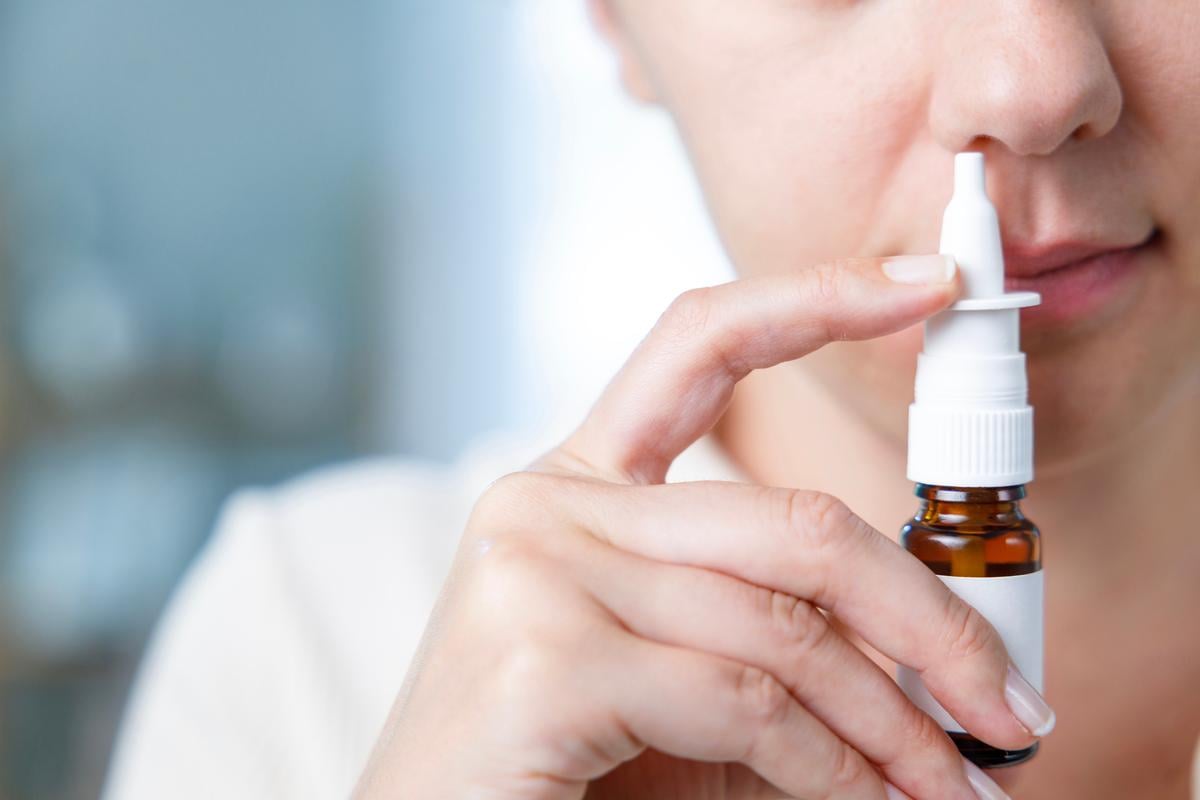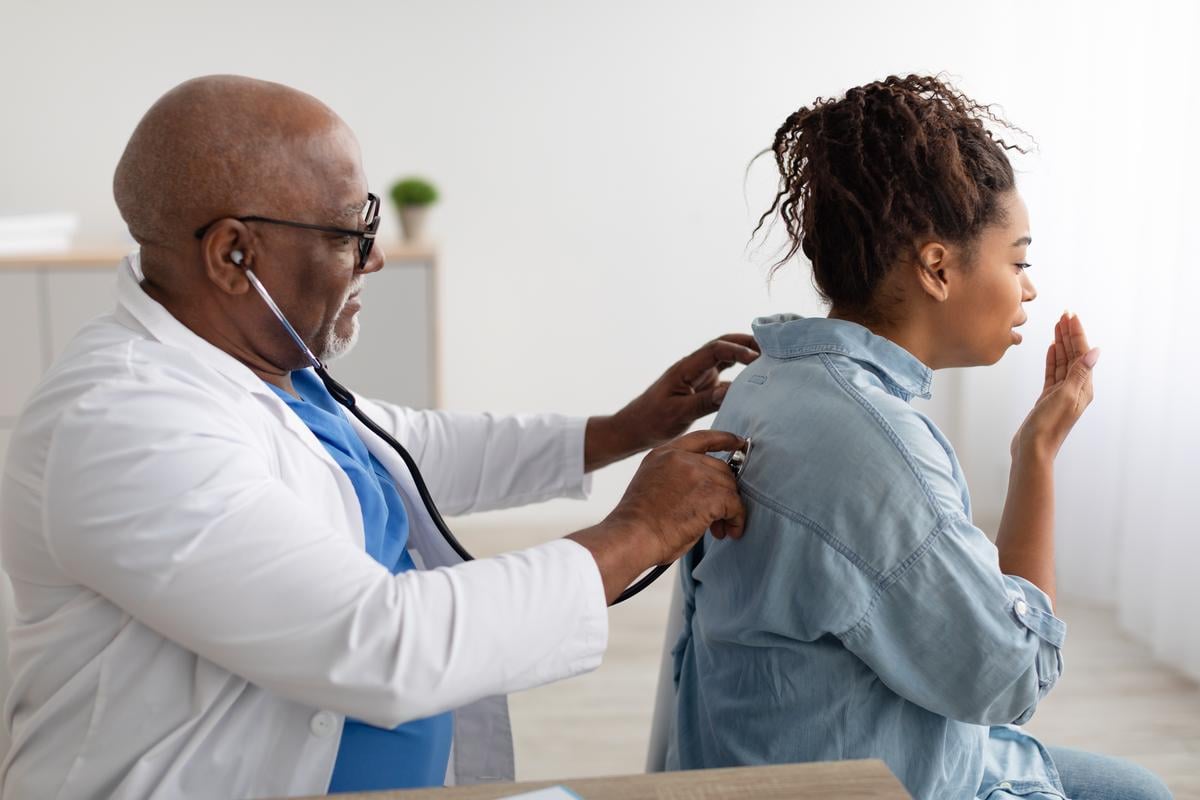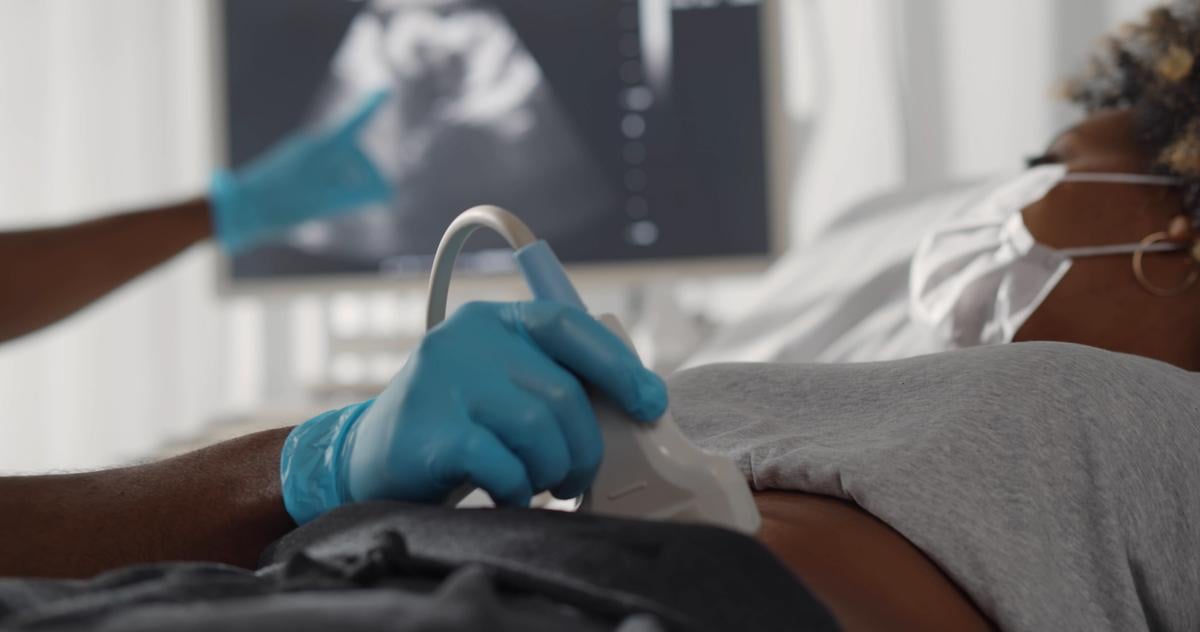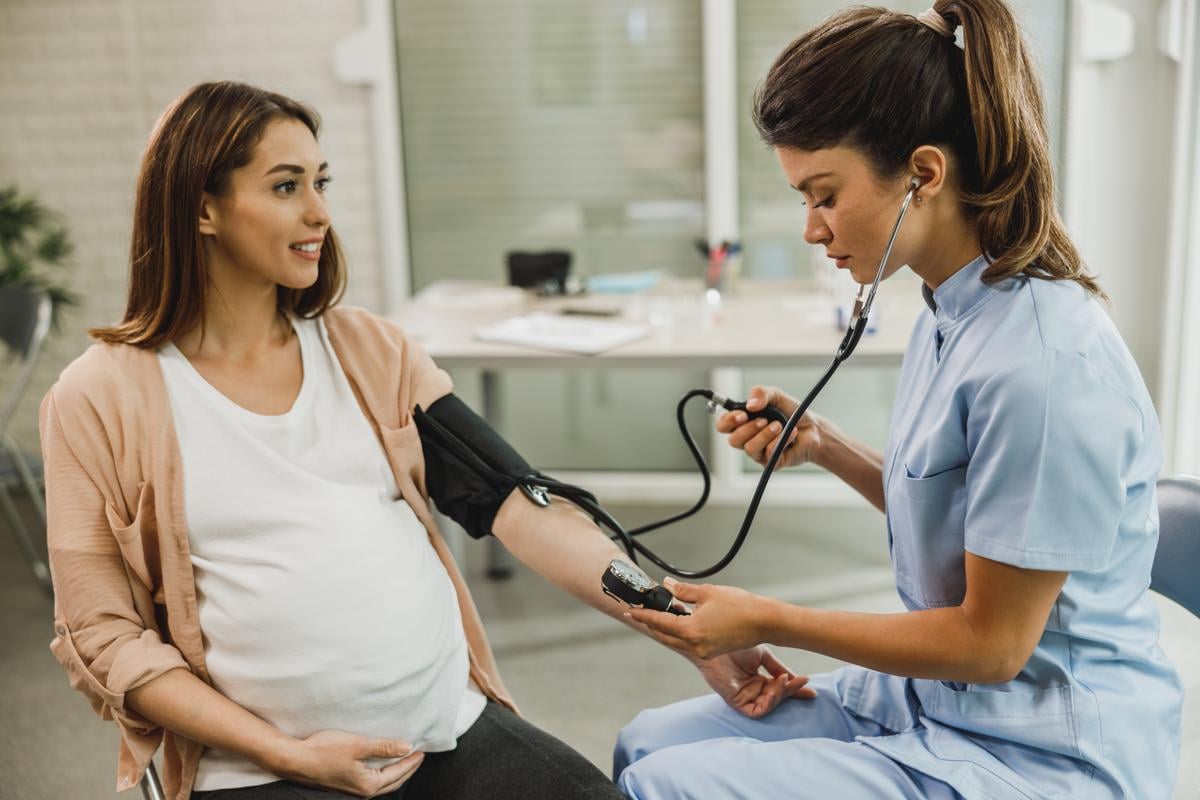
A non-drug nasal spray could theoretically help stop the spread of respiratory viruses like the flu and COVID-19 better than wearing a mask, a new study suggests. The spray uses ingredients that are medically inactive to trap germs in the nose before they can infect a person, researchers said. “We developed a drug-free formulation using… read on > read on >


















